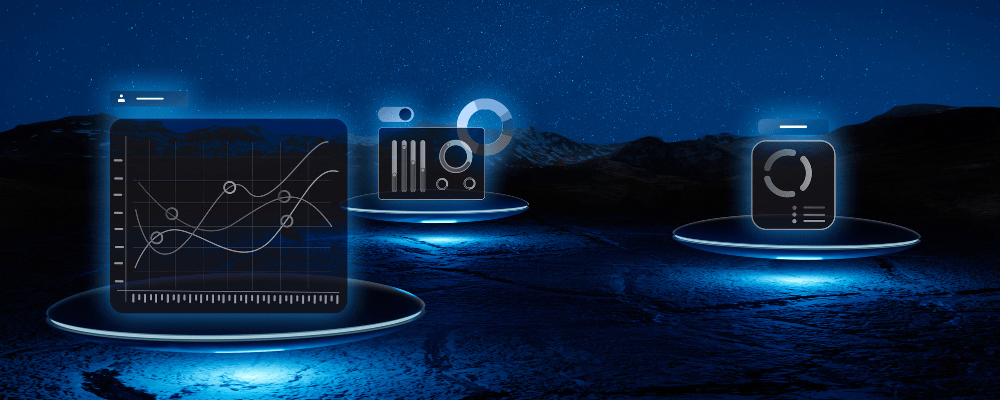In modern technology, GDPR, or General Data Protection Regulation, is a paramount pillar. This blog post, designed for tech experts, will delve into the intricacies of GDPR and its significance in the tech world. Throughout this blog, we will explore its key components, implications, and how it reshapes data handling practices.
Understanding GDPR
What is GDPR?
The General Data Protection Regulation (GDPR) is a European Union (EU) regulation that took effect on May 25, 2018. GDPR is more than just a set of rules; it is a paradigm shift in how personal data is handled in the digital landscape. At its core, GDPR is a robust and comprehensive data protection framework with the primary objective of ensuring the privacy and data rights of individuals are respected and upheld.
Key Concepts of GDPR
To fully grasp the significance and implications of GDPR, it is crucial to understand its fundamental concepts:
- Personal Data: GDPR’s definition of personal data is broad and all-encompassing. It includes any information that can be used to identify an individual directly or indirectly. It encompasses not only obvious identifiers like names and email addresses but also more subtle details, such as IP addresses, location data, and online identifiers.
- Data Controller: The data controller is a pivotal entity within the GDPR framework. It is the organization or individual that determines the purposes and means of processing personal data. Essentially, the data controller is responsible for deciding how personal data is collected, processed, and used. They must ensure that these activities align with GDPR’s principles.
- Data Processor: The data processor, on the other hand, is an entity that processes personal data on behalf of the data controller. It may include IT service providers, cloud services, or other organizations that handle data at the direction of the data controller. Data processors must adhere to GDPR and maintain a high standard of data protection and security.
Why These Concepts Matter
These concepts lie at the heart of GDPR and are essential for several reasons:
- Data Protection: GDPR sets strict standards for protecting personal data, and the definition of personal data ensures that no stone is left unturned. This all-encompassing approach is designed to give individuals a high degree of control over their data.
- Accountability:The distinction between data controllers and data processors is crucial for assigning responsibility and accountability in the event of data breaches or violations. It ensures that each entity involved in data processing is aware of its obligations and liabilities under GDPR.
- Transparency: GDPR emphasizes transparency in data processing activities. Individuals have the right to know who is processing their data and for what purposes. Data controllers and processors must provide clear and easily understandable information about data processing practices.
- Consent: The concept of personal data is intrinsically linked to obtaining informed consent from individuals. Organizations must be clear about what data they collect and how it will be used, and individuals must give their explicit consent for data processing.
In an age where data is a valuable commodity and privacy is a fundamental right, GDPR is a landmark regulation. It establishes a robust framework for protecting personal data and empowers individuals to have control over their information. The understanding of key concepts such as personal data, data controller, and data processor is foundational for ensuring compliance with GDPR and upholding the rights and privacy of individuals in the digital realm.



